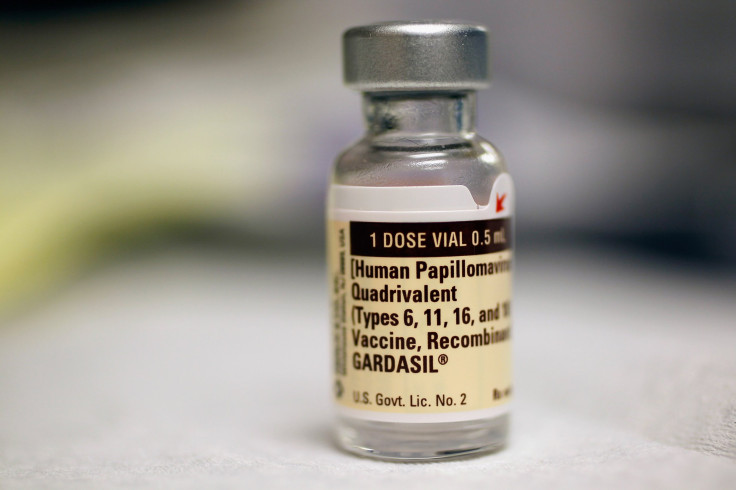HPV May Hide In Tonsil ‘Crypts’ Before Causing Cancer In Healthy People

A sexually transmitted infection that causes cancer might be hiding in the folds of people’s tonsils, presenting a greater threat from the disease than originally thought, according to new research.
The paper in the Journal of the American Medical Association — Otolaryngology reported that people who seem otherwise healthy might have human papillomavirus, more well known by its acronym HPV, submerged in the slimy biofilms filling the “crypts” of their tonsils. That could put them at risk for developing cancer in their mouths or throats later on.
Many people know that HPV has been linked to cervical cancer, but the virus has also been connected with cancers in the head and neck. Those latter two cancer types can frequently be traced to the pockets within the tonsils. The researchers may have found the culprit that is harboring them: the “thin, slimy sheets of bacteria” known as biofilms, according to a statement from the University of Rochester.
They used tonsil samples collected from about 100 people who had elective surgery to remove them and searched for HPV, according to the study. About 5 percent of those patients had the virus in their tonsils, some of them high-risk HPV.
More information about how the HPV lurks in the tonsils and waits to strike could help doctors prevent some mouth and throat cancers.
“By mid-adulthood, most people have been exposed to HPV,” the university explained. “While verified tests exist to detect HPV in people before they develop cervical cancer, the same is not true for HPV-related head and neck cancers, which are expected to outnumber cervical cancer cases by 2020.”
Although the HPV gets stuck in the biofilm, the researchers suggest, that slime also protects it from the body’s immune system and helps it linger in the tonsils until it is ready to strike, eventually leading to cancer down the road.
“Now, the team plans to investigate potential screening tools, such as an oral rinse, to detect HPV in the mouth and throat,” according to the university. “The next step would be to develop topical antimicrobials that would disrupt the biofilm and allow the immune system to clear the virus.”
© Copyright IBTimes 2024. All rights reserved.




















